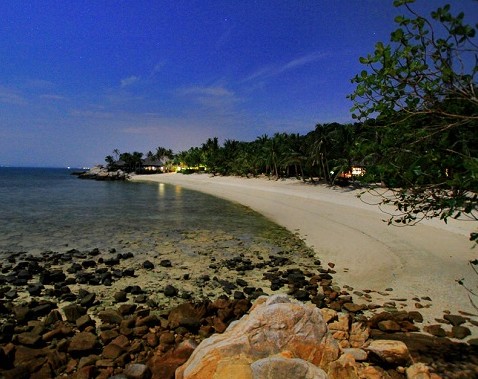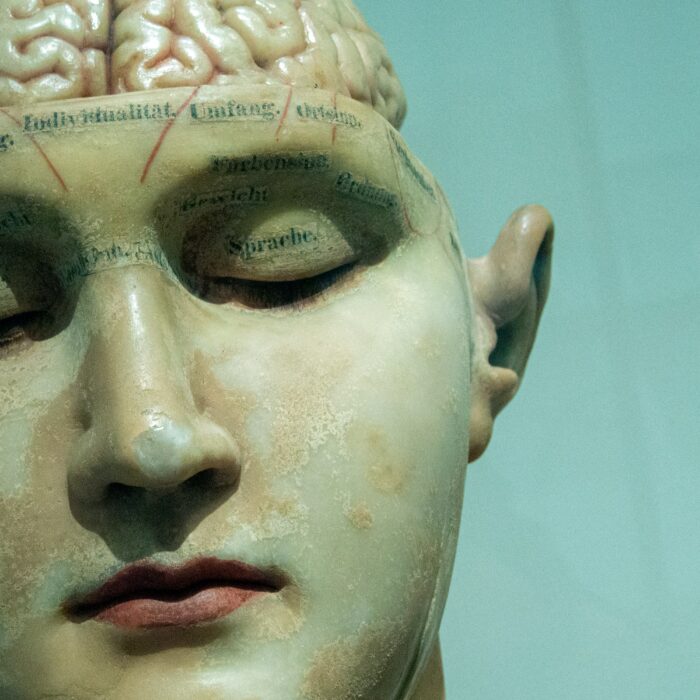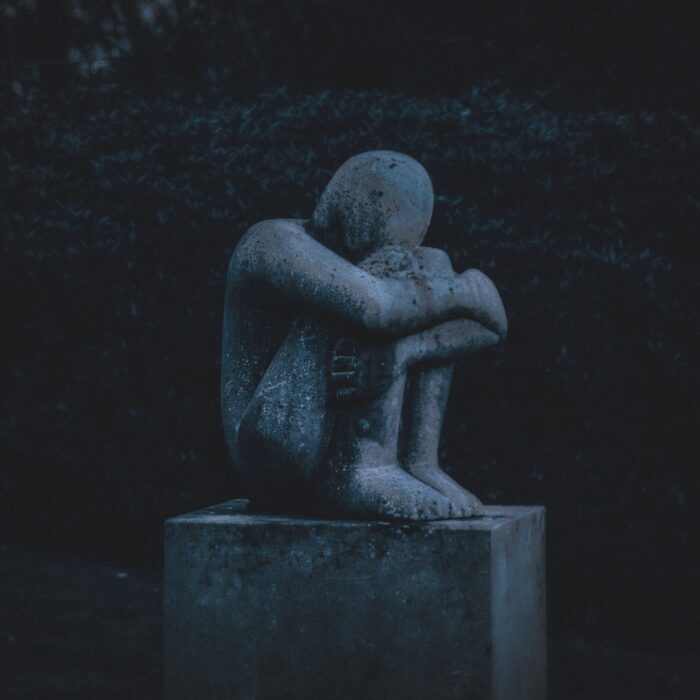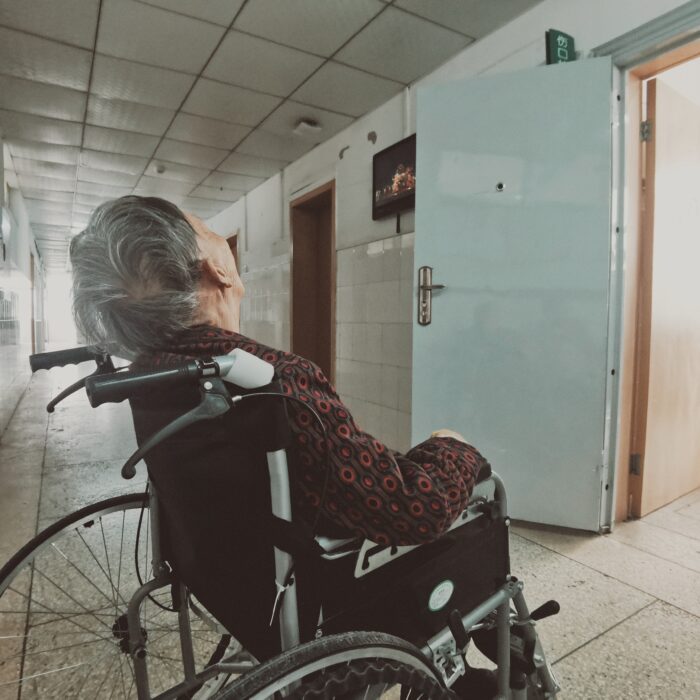You have no items in your cart. Want to get some nice things?
Go shopping I am in a darker place than you could ever imagine. But I am closer than you may think; I visit your dreams, and one day when you wake you will come to find me. That is my hope.
I am in a darker place than you could ever imagine. But I am closer than you may think; I visit your dreams, and one day when you wake you will come to find me. That is my hope.
When I was much younger than I am now, life was good. My ledge, just above the cave, looked across the bay and behind me the sun would rise from the mountain.
The villagers would watch for my signal. They would send a young boy or, less often, a girl. They feared that a girl would be scared of the night or tempted away by the sea – though I knew this could not happen. The girls would often lay their heads on my back and stroke me as though I were their sister, whilst the boys would sharpen their knives. They longed to carve their names on my smooth surface and chip away at the rougher parts of my limestone body.
One season they sent José: a gentle boy, not yet grown to his mother’s shoulder. I had watched him learn to swim in the sea, his glossy head dipping down and coming back up as he splashed and played in the waves. His mother would stand close by, ready to catch him each time he slipped beneath the surface.
I waited patiently for the child to fall asleep. He tried to keep his eyes wide open, wanting to catch the magic that his older brothers and sisters had told him about, but the lull of the incoming tide could not be fought. Only then did I turn to face the mountain. I was strong and agile, despite not possessing muscles, joints and bones.
The sun rose as it is inclined to do, and the heat on José’s back woke him. In shock he jumped up from where he slept. He could not believe that he had missed my turning.
‘I was only asleep for a little while,’ he said, disappointed. The child placed his hand on my back; he had been told that it brought luck to the family. I could feel his light touch from under the hardness of my shell.
‘Thank you, Mother Turtle, for the luck you will bring to our village. My parents send their good wishes.’ José knelt and prayed for a while before running back to the village to spread the news.
Once home José ate his breakfast of rice and beans. He listened as his father told stories of his own night spent waiting for the Mother Turtle to turn. José’s mother took her paint box from the shelf, and brushed delicate patterns onto her skin, so that everyone could see her happiness as she danced in the early morning light. He fell asleep once more with his head in his eldest sister’s lap and dreamt of Green turtles emerging from the sea.
For on the next night there would be no hunger, and in the evening after the gathering they would celebrate the sea’s harvest.
And as the moon floated above the rain-filled clouds, the villagers walked down to the shore with their woven baskets and strong fishing nets. José held his father’s hand, for it was his first time.
The turtles could be seen bobbing their heads above the water, graceful swimmers. But they struggled up the beach, their thick flippers heavy in the black sand, whilst tears washed away the salt and grit.
The villagers were careful not to startle them, giving the mothers time to dig their nests and lay their eggs.
José was entranced by the beauty of these ancient creatures.
‘How old are they, father?’ he asked. ‘How long will they stay?’ His father placed his large hands on the boy’s shoulders and hushed him. So they talked in whispers, admiring the heart-shaped shells and the huge gold-rimmed eyes of the turtles.
‘She has the map of the world on her back,’ his father told him, pointing to one of the mothers.
‘That must be heavy,’ said José, imagining the burden of carrying volcanoes, canals and jungles.
‘I’m certain it is,’ said his father.
She dug a pit with her front flippers and then a nest with her strong hind legs, making herself comfortable in the sandy hollow.
‘One mother can lay more than a hundred eggs,’ said his father.
‘When will the eggs hatch?’ asked José.
‘A few weeks,’ his father replied.
‘But they won’t all make it,’ said his older brother, Ricardo, as he joined them. ‘Crabs, rats, dogs, and mongooses might eat them first.’ He pinched José and laughed. José could feel tears stinging his eyes but he swept them away, not wanting his brother to see.
‘Don’t tease,’ said his father, protective of his younger son. ‘Quiet now.’ They listened to the mother’s heavy guttural breaths as she laid her eggs. She lifted her head as she dropped one after another into the deep hole. José counted one hundred and two in his head.
‘She must be tired,’ he whispered as the turtle covered the nest with sand and shuffled away.
His father beckoned to him.
‘Come. We must only take one or two.’ He showed his son how to dig slowly with his bare hands. José’s small spindly arms disappeared downwards until his fingers met the warm round shells. He pulled one out of the deep hole and brushed off the sand.
‘A little moon!’ Wide-eyed he passed an egg to his father who placed it carefully into the basket his mother had given them. There was a soft silk lining to keep them from cracking.
‘Careful hands keep the eggs plentiful, large and unbroken,’ she had reminded them as they left the house, and promised to make turtle soup when they returned.
Now the turtles were making their tracks to the sea.
The most experienced of the villagers, an elderly woman, wandered amongst them. José’s heart thumped as he heard her talking about which turtles to choose. He hoped the mother he had taken from would be spared. The woman would find the oldest turtles, those who had already swum in the sea and borne a lifetime of eggs. These could be sacrificed.
José stood back in the shade of the palms and watched as turtles were picked up and placed in the nets. They looked as though they were swinging in hammocks as he did on hot nights.
Before the boy left the beach he turned towards me and raised his hand: the sign of thanks.
‘Sleep well, José,’ I murmured.
Back in the village his father and brother sent him to his mother’s arms. He was not old enough to watch, not yet. So José hid in the folds of her skirt as she assured him it would be quick. The meat would be adorned with only the finest ingredients, that is what she said.
As the rains began, I turned back to face the sea. Only I could ensure the turtles’ safe return. If the mothers glimpsed the light from the village they may lose their way.
As the years passed, the village turned into a town and there was little distance between the beach and its people. Only a single line of palm trees sheltered my back. The children no longer came to watch me turn. My body grew stiff and heavy.
José, though a strong swimmer, no longer dived into the sea. Instead, he sat in the cave below my ledge with a crowd of men who drank beer and talked too loudly about the price of meat, and where they might sell the eggs for the most profit. They waited until the turtles crept up the beach and then they strode out as though they were ready to fight. José, at the edge of the group, was the quiet one.
They were greedy; the men barely waited for the turtles to dig their holes before standing above them with knives and buckets. They stole the eggs first. José was hesitant, the last to dig, and he collected the fewest.
‘Is that all you’ve got, brother?’ asked Carlos, a burly man with lizards, bats and hummingbirds tattooed up his arms. He carried a bucket piled high with the glistening white eggs on his shoulder. José nodded, turned away and, head bent down, dug harder.
The men did not let the turtles move far from the nests. They scattered around the beach turning the animals onto their backs.
‘Come on, José – help me with this one.’ Carlos nodded at him to grab the turtle’s legs. Together they turned the creature upside down. The turtle’s belly was a creamy yellow colour. Jose saw that it was as soft as the shell was hard. He could smell seaweed and salt and he watched as the turtle moved its head back and forth; green turtles are unable to hide in their shells – José knew this.
It was a strange sight. The turtles should have been heading out to sea to feed, but instead they performed circus feats, their legs and flippers kicking the air.
‘Do you want to?’ asked Carlos. José shook his head and looked away as Carlos used an axe to kill the turtle. His father had told him that the heart beats long after the turtle is dead.
The man, who was unimpressed with José’s lack of appetite for the task, knelt down with his legs on either side of the turtle’s upturned body and began cutting into her flesh. The fat was green and smelt of rancid meat. José retched onto the sand and the man laughed as he continued to slice the creature’s stomach.
‘What about the shell?’ José asked. He kneeled down by the dark olive shell and ran his finger along the patterns.
‘Might be able to get a good price for it,’ said Carlos. José stood up. Maybe the men would not notice if he left it behind.
Legs and flippers would rot in the next day’s sun. Blood spread across the beach and mixed with debris washed in from the sea. No-one would bathe in the water until the rhythm of the tide had washed it away.
As José followed the men off the beach he glanced towards me. I wonder if he celebrated that night. Did he eat turtle steak with lime leaves and coconut milk? Did he tell his mother how many eggs he had collected?
José came to the beach many times after that, and as he grew older he learnt to cut the meat from the shell and collect many eggs without dreaming of turtles swimming in the sea. He had his own family to feed now.
A crack slowly crept along my side, and I had a chip on my flipper where a man in jeans had chiselled away a sliver of my stone. I did not see what he used it for, but he slipped it into his jacket pocket and called to a friend about the good luck of finding fossils and gems.
One summer José and the other men did not come to the beach. Instead bulldozers and cranes crept across the sand. I stayed on my ledge, not turning for fear the turtles would be swept away by the machines that placed concrete slabs all along the beach. Eventually I was struck from where I sat, and fell to the cave below. It was dark and peaceful, and for a while I could still hear the tide lapping the shore. I hoped that the turtles could still see me, but the land continued to move until it slid down and the cave opening closed.
Now I can no longer turn, and I have lost my sense of land and sea. It has been said that when I disappear the sandy beach will slip into the water.
But you, José: you know my tale. You know where I am. And so I wait for your hands to pick me up and place me on the ledge once more. You can tell the story and keep me safe. Only then will I be able to show the mothers where to dig their nests and settle to lay their eggs.

About Simone Davy
Simone creates imaginative fiction that explores ordinary life events. Her stories have been published in various literary magazines and short story collections. She is currently working on a novel set in North London suburbia. As well as writing, she also works as a Social Science tutor with the Open University.




